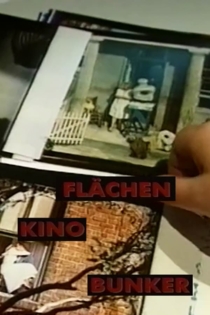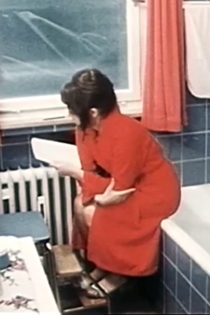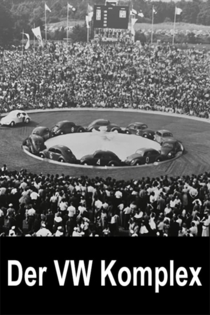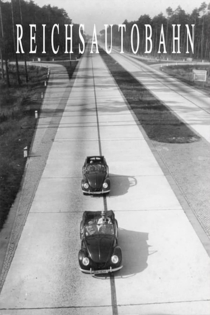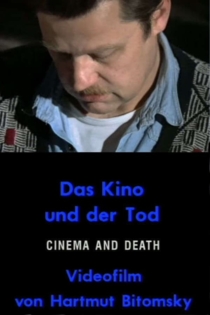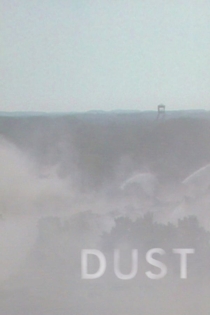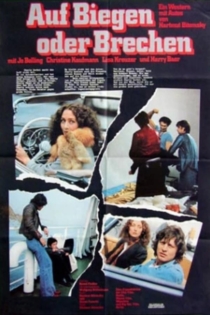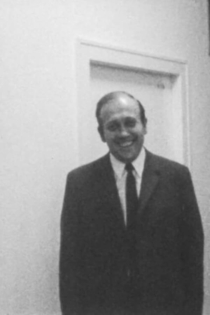
Hartmut Bitomsky
1942 (83 года)3000 Häuser
Hartmut Bitomsky, Ulrich Knaudt
Harun Farocki, Hartmut Bitomsky
“Six young people move through a city in order to establish the starting point of their joint action. But they can’t agree on the topic. In the end everybody goes their own way and leaves the city.” - Hartmut Bitomsky
3000 Houses
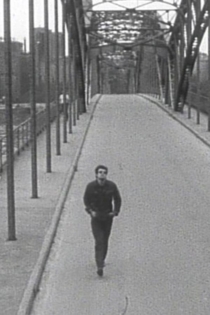
Highway 40 West
Hartmut Bitomsky
"Highway 40 West" (1980/81) is the first of a series of documentaries by Hartmut Bitomsky (born 1942 in Bremen) which brought him international fame. Each of these films is dedicated to both, a specific and title-giving object and its historical-critical analysis. Such as in "Highway 40 West": For a time span of 169 minutes, the film shows Bitomsky’s emblematic US-road trip with a rented car on the eponymous road number 40, crossing the country from East to West. From early travel routes of the "Native Americans" to the trails of early colonizers, this street is loaded with American history - and with the present ruins of the American dream, which Bitomsky indulgingly captures on film. He himself appears as actor/author, conducting innumerable interviews, shooting the landscape, the diners and hotels - and his sonorous narrator’s voice reviews what is seen, and tries to understand and make it understandable.
Highway 40 West
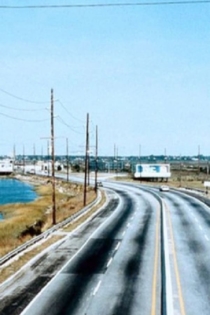
Deutschlandbilder
Heiner Mühlenbrock, Hartmut Bitomsky
This compilation film focuses on the contents of Nazi propaganda shorts such as "The Beauty of Work" (1934), "We Have No Problems" (1933), or "The Will To Live" (1944) that preceded the feature films in German movie theaters between 1933 and 1945. The shorts reveal that men and women workers were idealized, uniformity was stressed, optimism in the face of adversity was the goal, and, in general, all the classic lies that dictatorships use to control and mold their citizens are featured.
Deutschlandbilder
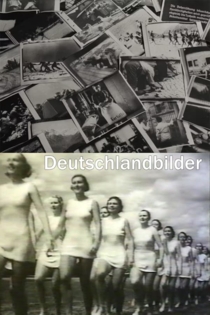
Something Self Explanatory (15x)
Harun Farocki, Hartmut Bitomsky
Rolf Becker, Herbert Chwoika
An educational film about an aspect of political economy. The concepts of use value, barter value and labor as a commodity are the subjects; they are intended to introduce the process of understanding the theory of value of work and the law of values, alienation and fetish.
Something Self Explanatory (15x)
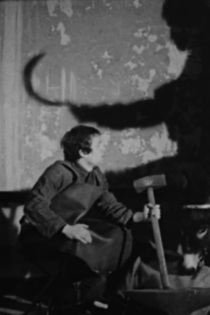
Das Kino und der Wind und die Photographie
Hartmut Bitomsky
How should one define the relationship of documentary film to reality? Does it aim at authenticity or is it rather an “exile of reality”, a “foreign homeland of reality”, where the pre-filmic, stripped of its immediacy, comes to its own right in the first place? Where in its mis-en-scène would be the line drawn to a fictional film, if drawing a line would succeed at all? These are the kind of questions this film essay on the history and aesthetics of documentary film deals with in its seven chapters.
The Cinema and the Wind and Photography
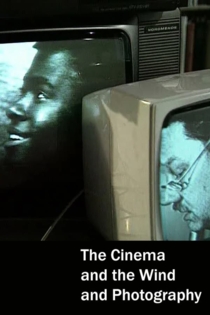
System ohne Schatten
Rudolf Thome
Bruno Ganz, Dominique Laffin
Computer operator Faber works on securing computers for big companies and banks. His private life is rather dull until he meets a strange women, Juliet and falls in love. Her friend convinces Faber to exploit his knowledge to rob a bank.
System Without Shadow
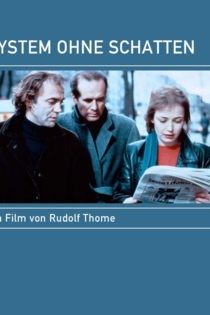
Kino Flächen Bunker
Hartmut Bitomsky
Hartmut Bitomsky, Christian Petzold
Barrage and Bunker is an essay film about the (narrative) space imagined by fiction films. Reflections and associations about movement in space are the basis of every kind of story-telling. The film is sometimes referred to as part of Bitomsky's Cinema Trilogy. Sequences from over 20 movies are quoted and commented on by a team of three "researchers" (Bitomsky, Petzold, Tanner) in a sort of laboratory. TV-monitors, production stills and screenshots are used as well as quotations from books. A long night's work.
Barrage and Bunker
